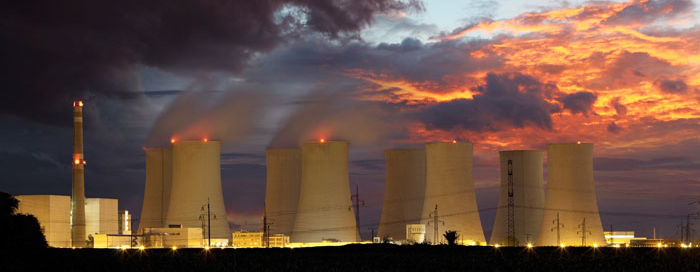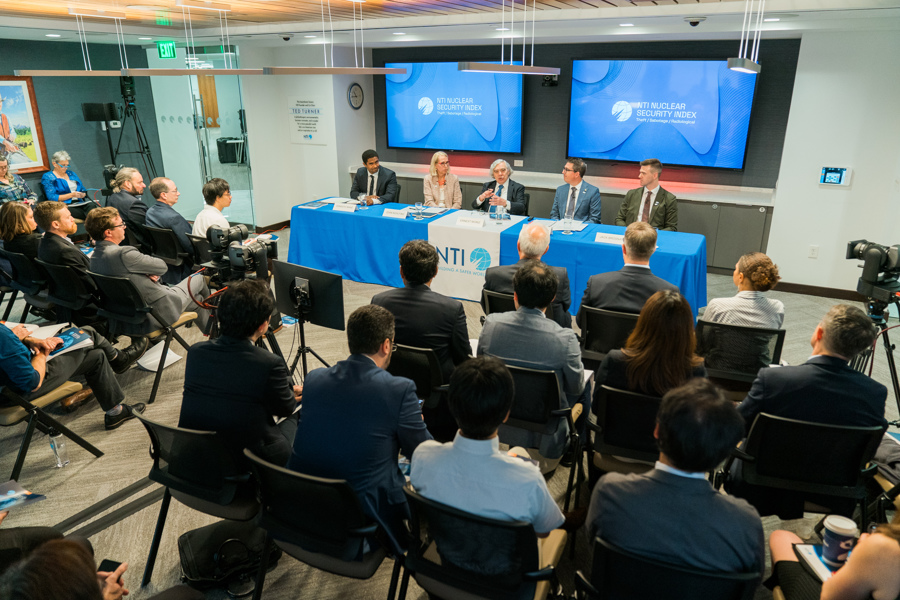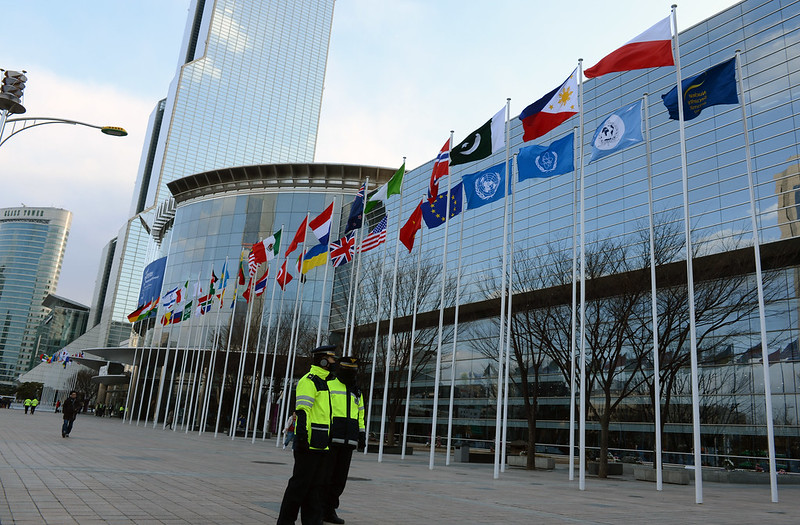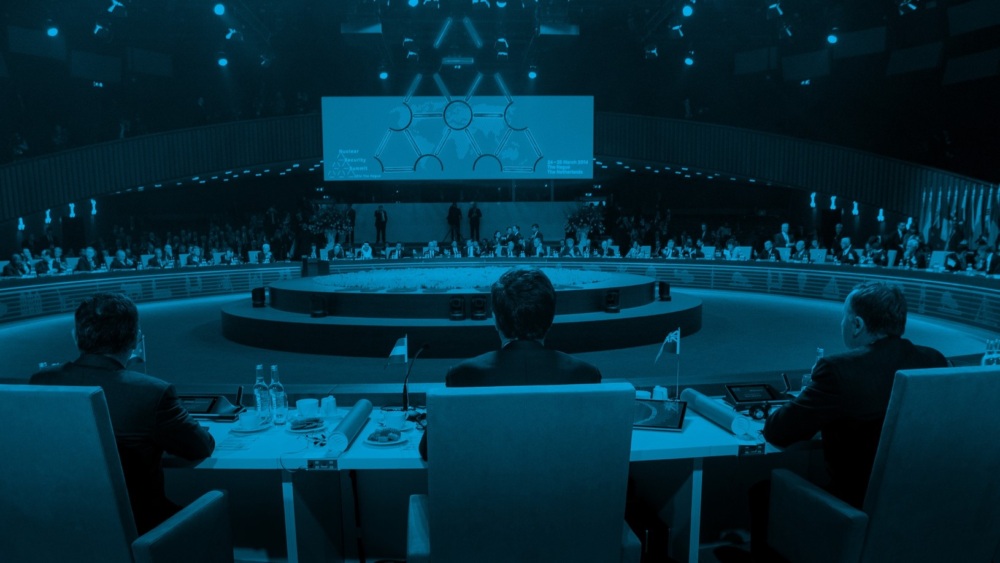
Sam Nunn
Co-Founder and Co-Chair, NTI
WASHINGTON, DC—At a time of escalating threats and as world leaders prepare to gather for the final Nuclear Security Summit, the third edition of the Nuclear Threat Initiative (NTI) Nuclear Security Index finds that progress on reducing the threat of catastrophic nuclear terrorism has slowed and major gaps remain in the global nuclear security system. The 2016 NTI Index, which has become a critical resource and tool for assessing the security of the world’s deadliest materials, also finds troubling shortfalls in areas assessed for the first time: how well countries are protecting nuclear facilities against sabotage, as well as the emerging threat of cyber attacks.
“The purpose of the NTI Index is not to award gold medals or scold those who do not score well. Our purpose is to show how all countries can improve the security of dangerous nuclear materials,” said NTI Co-Chairman and former U.S. Senator Sam Nunn. “Significant progress deserving of two cheers and applause has been made, but the world has miles to go before we sleep.”
The NTI Index, developed biennially with the Economist Intelligence Unit (EIU), finds that, since 2014, no improvements have been made in several key areas related to securing highly enriched uranium and plutonium that are measured by the NTI Index: on-site physical protection, control and accounting, insider threat prevention, physical security during transport, and response capabilities. The number of countries taking the most important step to prevent theft—eliminating their materials—also has dropped. In the two-year period preceding the release of the 2014 NTI Index, seven countries eliminated their weapons-usable nuclear materials; the 2016 edition finds one country—Uzbekistan—moving from the list of countries with weapons-usable nuclear materials to the list of those without those materials.
Responding to the changing threat environment, for the first time the 2016 NTI Index assesses the potential risks to nuclear facilities posed by cyber attack and sabotage.
The results are striking:
World leaders are scheduled to meet in Washington for the fourth and final Nuclear Security Summit March 31-April 1. The upcoming meeting caps off a series of summits in Washington (2010), Seoul (2012), and The Hague (2014) that have drawn attention to the threat and committed countries to stronger measures to prevent nuclear terrorism.
“President Obama launched the summit process, and he and his team, as well as a host of committed world leaders, deserve credit for their achievements so far,” Nunn said. “The work is not complete, however, and a plan to sustain high-level political attention on nuclear security must be a top priority at the Summit.”
Country Highlights
In the “theft ranking”:
In the new “sabotage ranking”:
Recommendations
The NTI Index offers recommendations for individual countries and for the international community as a whole to improve security and to keep attention focused on the threat of nuclear terrorism after the Nuclear Security Summit process ends in 2016. The NTI Index recommends that states and the international community should, among other priorities:
International Participation
NTI and the EIU drew on the expertise of technical advisors and an International Panel of Experts from nuclear and non-nuclear weapons states and from developed and developing nations. Governments from the 47 countries included in the theft ranking for countries with materials, the sabotage ranking, or both were offered briefings (with 36 conducted), and 25 of the 47 reviewed data as part of the process.
About the Nuclear Threat Initiative
The Nuclear Threat Initiative (NTI) is a non-profit, non-partisan organization working to protect our lives, livelihoods, environment and quality of life now and for future generations from the growing risk of catastrophic attacks from weapons of mass destruction and disruption (WMDD)—nuclear, biological, radiological, chemical and cyber. Founded in 2001 by Sam Nunn and philanthropist Ted Turner, NTI is guided by a prestigious, international board of directors. Joan Rohlfing serves as president.
Sign up for our newsletter to get the latest on nuclear and biological threats.
“The bottom line is that the countries and areas with the greatest responsibility for protecting the world from a catastrophic act of nuclear terrorism are derelict in their duty,” the 2023 NTI Index reports.
Nuclear security experts from around the world joined NTI Tuesday for a webinar on “Global Tools for Nuclear Security: An Introduction to IAEA Information Circulars on Nuclear Security.”
Countries should step up their efforts to close gaps and support, contribute to, and participate in efforts to bolster the global nuclear security architecture.



